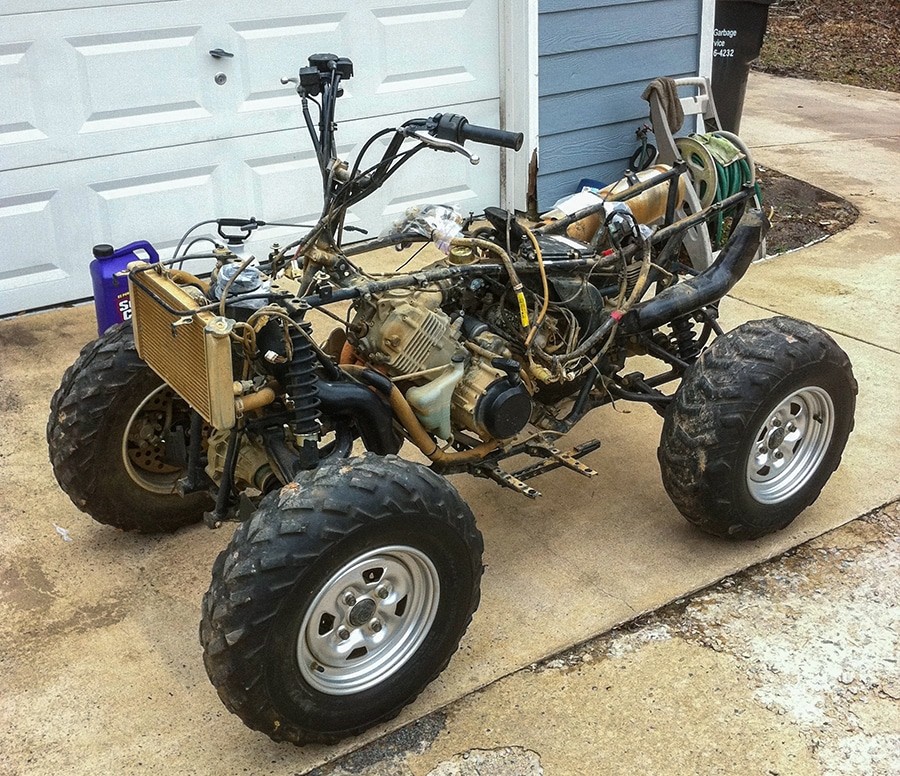

For some, the springtime riding season means an incredible amount of maintenance before the first ride is planned. Some will even worry about getting on the trail and having a reliable machine to get them back home safely. With warmer temperatures coming and the big trails finally starting to open for riders it’s time to push old faithful out of storage and wash off last year’s mud. Cleaning is a good start, but we should look a little deeper into the machine itself and see what it may need before you fire up and bolt off down the trails.
Videos by Outdoors
Keeping this in mind, each riding season has its own unwritten schedule of things that should be looked over before you plan to ride. I have put together 10 things everyone should at least consider as you bring your ATV or UTV out of its winter hibernation. Using these suggestions as your guide will hopefully get your ATV or UTV out on the trail and running reliably for many rides this spring.
Engine Oil
As you may know the engine in your ATV or UTV is the heart of the program. You must keep up with the oil level, oil quality as well as the oil filter for the power plant to live for years to come. Oil changes are simple and can be completed with general mechanics skills in just an hour or so. Be sure to buy quality products like an OEM filter as well as the recommended oil viscosity. I recommend oil changes be done at least once a year and if you ride hard or for long hours during the riding season or ride in dusty or wet conditions maybe think about changing it twice in a season. The OEM service manual for most ATV/UTV will recommend every 20 hours or 200 miles as a guide.

Air Filter
This is another vital part of your engines life and one that needs much more attention, especially in dusty conditions. Your air filter keeps dust and dirt from getting down into the engine. These two alone can destroy the piston and rings while chewing away at the cylinder wall. After you have cleaned your air filter, gently with compressed air if it is a paper filter and warm soap and water if it is a foam filter, be sure to add a light layer or waterproof grease to the sealing lip. This is where the open end of the filter fits against the airbox to make the seal. Also, be sure the seal on the air box lid is in place to protect from water or excessive dust entry. While you are there be sure to inspect any clamps that might be holding vent tubing onto the airbox.

Coolant Use both photos side by side
Keeping your machine cool in the heat of each ride is very important. Making sure the coolant is at its specified level is crucial. Most ATV’s and UTV’s have a coolant reservoir that carries extra coolant should the system require it. This is where most manufacturers will recommend you add to the system. It is also good to check the coolant in the radiator before you start the machine, while cold, just to get an idea of the coolant condition. Coolant is sold in many colors and types so be sure to look up the OEM specified coolant for your vehicle.


CV Boots and Drive Axles
Riding trails can also be hazardous to your driveline without you even knowing it. The axle that comes from the front or rear differential out to the wheel on most any machine will have rubber boots protecting the CV joint inside. These boots also keep the grease for the joint clean and contained to the inside of the joint. They also keep dirt and destructive materials out. In short, CV boots are easily torn and can go unnoticed for many miles. If you notice any grease on a wheel or surrounding areas of the framework near a drive axle, it’s possible you have a break in a CV axle boot. Jacking the machine up and spinning the wheels will give you a good look around the boots and help locate any trouble.


Bearings
Sometimes you might hear squeaking or something that sounds like crunching around your machines wheels while driving down the trail. This could possibly be wheel bearings. It’s always good to jack the machine up and spin the front and rear wheels to make sure your wheel bearings are in working condition before heading out for that first spring ride. Even though most are sealed they do go bad due to moisture and can ruin other items if left alone for too long. Some manufacturers have added grease zerk’s to hubs for greasing, so look for those during your inspection.

Tires
Keeping proper air pressure in your tires is important to the drive-ability and handling of your machine. You should also inspect the tires for cuts or other debris that may have gotten itself stuck in the tire. Some trails have large thorn bushes that will easily puncture a tire and let the air out over time. Plugging these holes will give you a safe machine as well as confidence in your ride on those long trips into the wilderness. Also, be sure to check the lug nuts on your wheels to be sure they are tightened to manufacturer specification.

Fuel
Fuel/Gasoline can’t be trusted these days, and leaving last year’s gas in your ATV or side by side is a surefire way to create problems. One thing that some may never consider until they have issues with it, is the fuel in their machine. If you park your rig for the winter but do not drain the fuel out of the carb or tank, chances are you will have trouble come spring. Simply removing the fuel before storage is one way to handle the problem or at the very least add a fuel stabilizer to the remaining fuel during storage. You can also turn the fuel petcock off (provided it’s a carburetor engine not fuel injected) and allow the remaining fuel to run out of the carburetor to eliminate that portion of the issue. Just do not forget that gas can be your enemy.

Nuts and Bolts
It is always a good idea to simply look over the suspension and other components that are bolted to the machine. Making sure everything is tight and secure is just good insurance for a safe and fun-filled spring riding season. Sometimes the suspension on off-road machines will squeak and this can be an indication that you have a loose nut or nuts somewhere. There are also grease zerks on the upper and lower control arms that will need a small amount of grease from time to time.


Brakes
This is one you don’t want to miss as obviously the brakes on your machine are extremely important. Inspecting brake pads may require you to jack the machine up and remove the wheels. You should be able to see how much brake pad you have left and it will also help you identify and gravel or debris stuck in or around the brake caliper. If you have less than a ¼” of brake pad left it is best to at least purchase some new pads because you will need to change them really soon. Allowing the pad to wear into the steel backing plates will not only overheat the brake fluid and cause it to lose its effectiveness but it can also ruin the steel disc.


Cleanliness
I mentioned in the first couple of paragraphs that cleaning your machine is important. How you clean can also determine what could be waiting down the road from a service standpoint. Using high-pressure water is common but use extreme caution when cleaning around wheel cylinders, CV axles and wheel hubs. Seals are not built to withstand high-pressure water and dirt or mud can be forced into sealed surfaces ruining both the seal and the component that is sealed up for a reason. Cleaning should really be done before storage but we know some will wait until spring to dig their machine out from under the muddy mess — don’t be that guy.


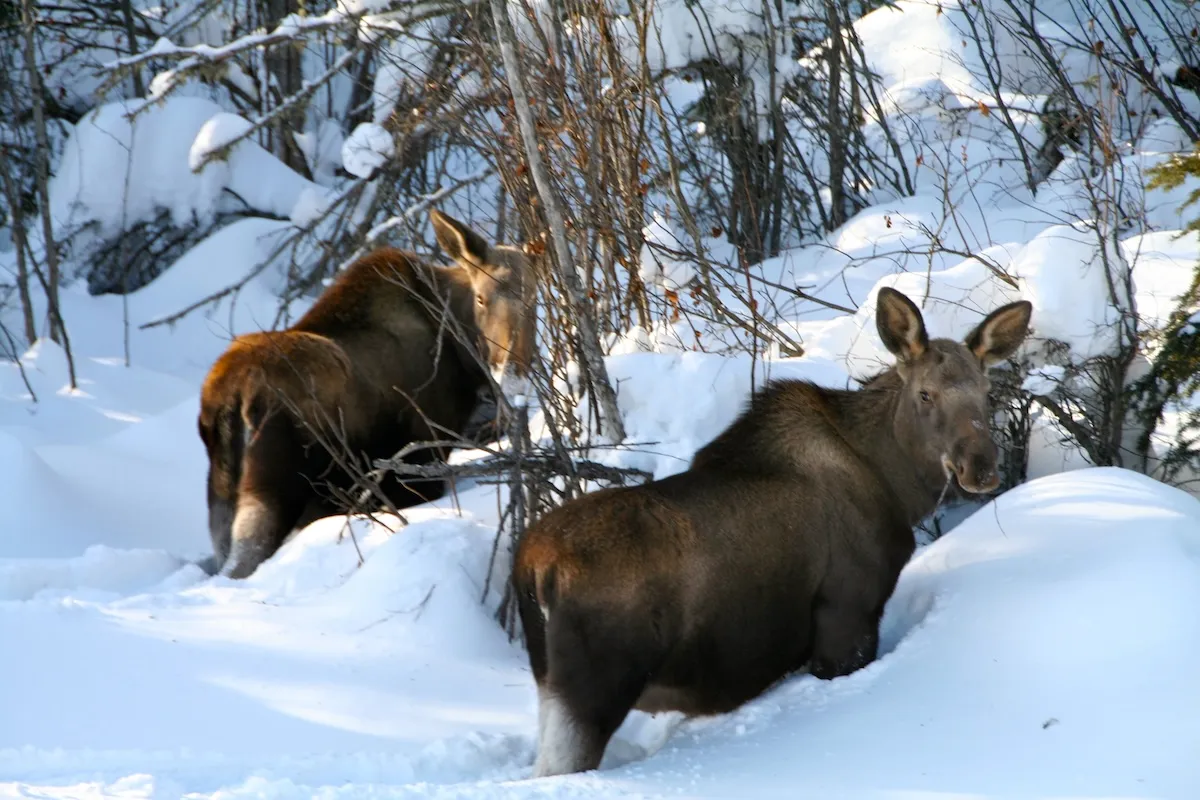
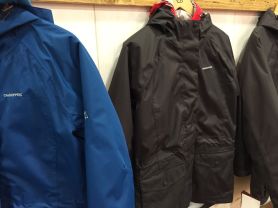
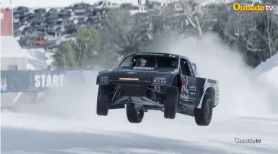

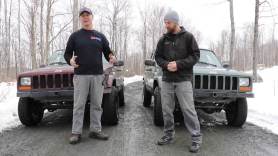


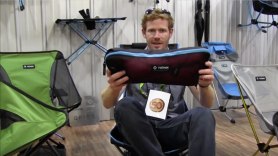
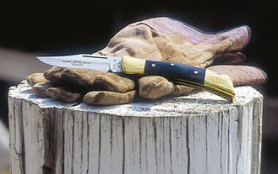
Pingback: Are ATV Trails Open in Ontario?